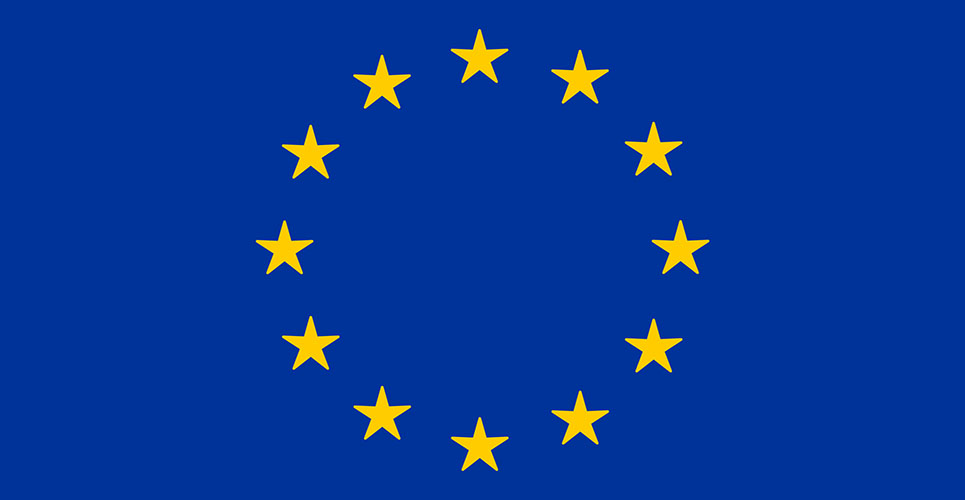teaser
A standard set of rules has been proposed to regulate what information pharmaceutical companies can provide to the public about their drugs.
The European Commission proposed the uniform guide after complaining that labelling varies greatly within the EU, leading patients in some countries to get more information about the drugs they take than in other nations. The EU bans advertising of prescription drugs.
In a statement, the EU Commission said that in respect to drugs: “Patients have become more independent (and) actively seek information. Consequently other sources of information are needed.”
It proposed that EU drugs makers be restricted in what they can say on packaging, leaflets and websites. They would be able to mention the price, the risks, verified data about the ailment the drug is targeting and the product’s environmental impact.
Manufacturers would not be able to promote a medicine or give information to people who haven’t asked for it.
But critics of the better-labelling plan still said it would effectively legalise such advertising and nudge patients away from cheaper generic medicines.
The British consumer advocacy group Which? said it worries that better information would become advertising, predicting a US-style situation “where people demand specific branded drugs from the doctor when cheaper, equally effective drugs are available”.
Copyright Press Association 2008

